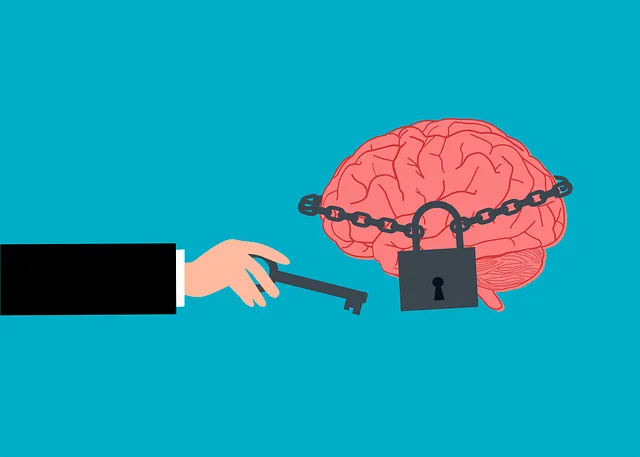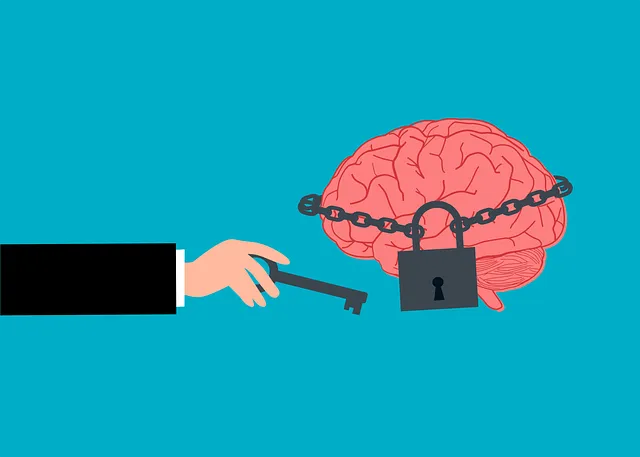Unaddressed stress can have severe consequences on both mental and physical health, as highlighted by Centennial Kaiser mental health programs. These programs emphasize the importance of managing stress in today's demanding world through comprehensive resources like stigma reduction, crisis intervention, and conflict resolution techniques. They offer effective strategies such as mindfulness, communication techniques, and confidence-boosting activities to help individuals cope with stress, reduce anxiety, and enhance overall well-being.
Stress management is a vital tool for maintaining overall well-being. This article explores both the foundational understanding of stress and its profound effects on our lives, highlighting the critical need for effective coping mechanisms. We present an in-depth look at the Centennial Kaiser Mental Health Programs, known for their comprehensive approach to mental wellness. Furthermore, practical stress management techniques rooted in daily life are offered as game-changers for fostering resilience and enhancing quality of life.
- Understanding Stress and Its Impact on Well-being
- The Centennial Kaiser Mental Health Programs: An Overview
- Effective Stress Management Techniques for Daily Life
Understanding Stress and Its Impact on Well-being

Stress is a natural response to various life challenges, but when left unmanaged, it can have profound effects on both mental and physical health. The relentless pressure can manifest in different ways, from heightened anxiety and irritability to fatigue and sleep disturbances. At its worst, chronic stress may contribute to serious health issues like heart disease, depression, and weakened immune function. Recognizing these impacts is a crucial step towards prioritizing well-being.
Centennial Kaiser mental health programs offer valuable insights into managing stress effectively. These programs emphasize the interconnectedness of mood management, confidence boosting, and resilience building as essential components of overall health. By teaching individuals to identify stress triggers and implement coping strategies, they empower people to navigate life’s challenges with greater ease and composure.
The Centennial Kaiser Mental Health Programs: An Overview

The Centennial Kaiser Mental Health Programs offer a comprehensive suite of resources and initiatives aimed at fostering mental well-being and tackling various aspects of mental health within the community. These programs recognize that stress management is a fundamental aspect of overall health, especially in today’s fast-paced world where individuals often face numerous challenges and pressures. By providing accessible tools and guidance, they empower people to navigate their mental health journeys effectively.
One notable focus area is the Mental Illness Stigma Reduction Efforts, which aim to create an inclusive environment by educating communities about mental health conditions. They offer Crisis Intervention Guidance, equipping individuals with skills to handle sudden emotional distress or critical situations. Additionally, Conflict Resolution Techniques are taught, promoting healthy communication and peaceful conflict management in diverse settings. These programs cater to a wide range of needs, ensuring that stress-related issues are addressed holistically.
Effective Stress Management Techniques for Daily Life

In today’s fast-paced world, learning effective stress management techniques is more important than ever for maintaining good mental health. The Centennial Kaiser mental health programs offer a range of strategies to help individuals navigate their daily lives with reduced stress levels. One powerful tool is mindfulness, which encourages focusing on the present moment without judgment. This simple yet profound practice can significantly lower anxiety and enhance overall well-being.
Additionally, communication strategies play a crucial role in stress management. Open and honest communication allows for better understanding and support from loved ones, fostering an environment that reduces feelings of isolation and pressure. Building strong connections and practicing active listening are essential components of this approach. Moreover, integrating confidence-boosting activities into daily routines can empower individuals to face challenges head-on, thereby preventing burnout and promoting a sense of resilience.
In conclusion, managing stress effectively is a vital component of maintaining overall well-being. The article has explored these strategies through the lens of the Centennial Kaiser Mental Health Programs, highlighting their comprehensive approach to addressing this modern challenge. By incorporating techniques discussed, from mindfulness to self-care, individuals can navigate life’s stresses and foster resilience, ultimately enhancing their quality of life.



